Chairman of the Romanian Academy Ioan-Aurel Pop said on Thursday that giving up fundamental research in a self-respecting country is tantamount to abolishing research, adding that the state's mission is to protect its citizens.
"I have been told that the sanitation of research can mean two things in Romania: to give up theoretical research, because it eats money. Then, if I don't do fundamental research in a self-respecting country - that is, in mathematics, physics, biology, chemistry and social sciences - if I don't do theoretical research, it means that I have abolished research. Theoretical research helps technological research. Without theoretical research, you know well that applied technical sciences cannot exist either. And if a state authority comes and asks me for the concrete results of the work of a mathematician - and the president of the country can certify that I cannot measure the work of a mathematician - I have no way, and I cannot give him time to discover a theorem or invent something. He must be allowed to work. And the same happens in any field. How can I plan the number of objects made in a research institute that has no way to produce objects and ask it how many of them have been sold and what income has been derived," Pop told a debate called "Is research still needed? For as long as the world has existed, culture and science have been eating money, but they eat it with use," hosted by the Romanian Academy Library.
Pop also mentioned the reproach according that the Romanian Academy has "too many theoretical institutes."
"And the last problem that bothers me is that I was told that at the Romanian Academy there are too many theoretical institutes and that some of them, which are the most harmful, are those in the social and human sciences. (...) They have come up now to ask us why we have three institutes of history, one in Bucharest, one in Cluj, one in Iasi; why we have three institutes of philology, one in Bucharest, one in Cluj, one in Iasi; Why do we have 300 archaeology institutes. What if I don't know history? What if I don't know that Wallachia is made up of three countries - Wallachia, Moldavia and Transylvania - and that Ceausescu tried to unify everything into a large institute in Bucharest and to subordinate the entire country? And someone came up and told him like this: '90% of Romanians live outside Bucharest and outside Wallachia, which has assumed by name the mission of reconstituting the unity of its people, that Wallachia or Wallachia actually means Romania, there are also Transylvania and Moldavia," he added.
Pop explained that while most of the documents of the past on Transylvania are in Cluj, the history of Transylvania is best studied there, because there is "raw material", the same as with Iasi and Bucharest, "where most documents have been collected and the proof is this library [the Library of the Romanian Academy], which is a national treasure."
These details "show the limitations of the political class, the inability to understand that what we have inherited from the past can no longer be questioned now, that not everything in this world is deconstructivist."
"I mean, you can't destroy everything that the ancestors did. To come back to what? And do what? So the discussion about research must continue by strengthening research. Proposals must come from the government to grant 2-3% for research. Not zero point I don't know how much, because people laugh at us. There is nothing like that. And not even to have 30,000 researchers now, because that is the measurement made by the National Institute of Statistics, as against 55,000 before the 1989 Revolution in the bad times of communism," the academician said.
He added that in countries such as Bulgaria, Hungary, the Czech Republic there are more researchers than in Romania, including in countries that are three times smaller than Romania, adding that the main purpose of the state is the protection of its citizens.
"That should give us food for thought. Let's stimulate research. (...) We have specialists who have to deal with the correct connection at European level as well. We are sub-collectors. We are not able to collect taxes and debt, but if a private individual like me does not pay his tax, they fine me at the end of the year. Bad payers are tolerated. I understood that there are ways to raise more money for the national budget without affecting this population. Because I don't know if we are still a people or a nation. We are a Romanian population. It is not surprising that we have become a population, because the main purpose of a government and parliament is, in fact, the mission of the state and the modern state was founded to protect its inhabitants. Not to oppress and frighten them. The state must find the means, even in a time of austerity, to protect us all, because, once again the mission of the state is to protect its citizens," said Pop.

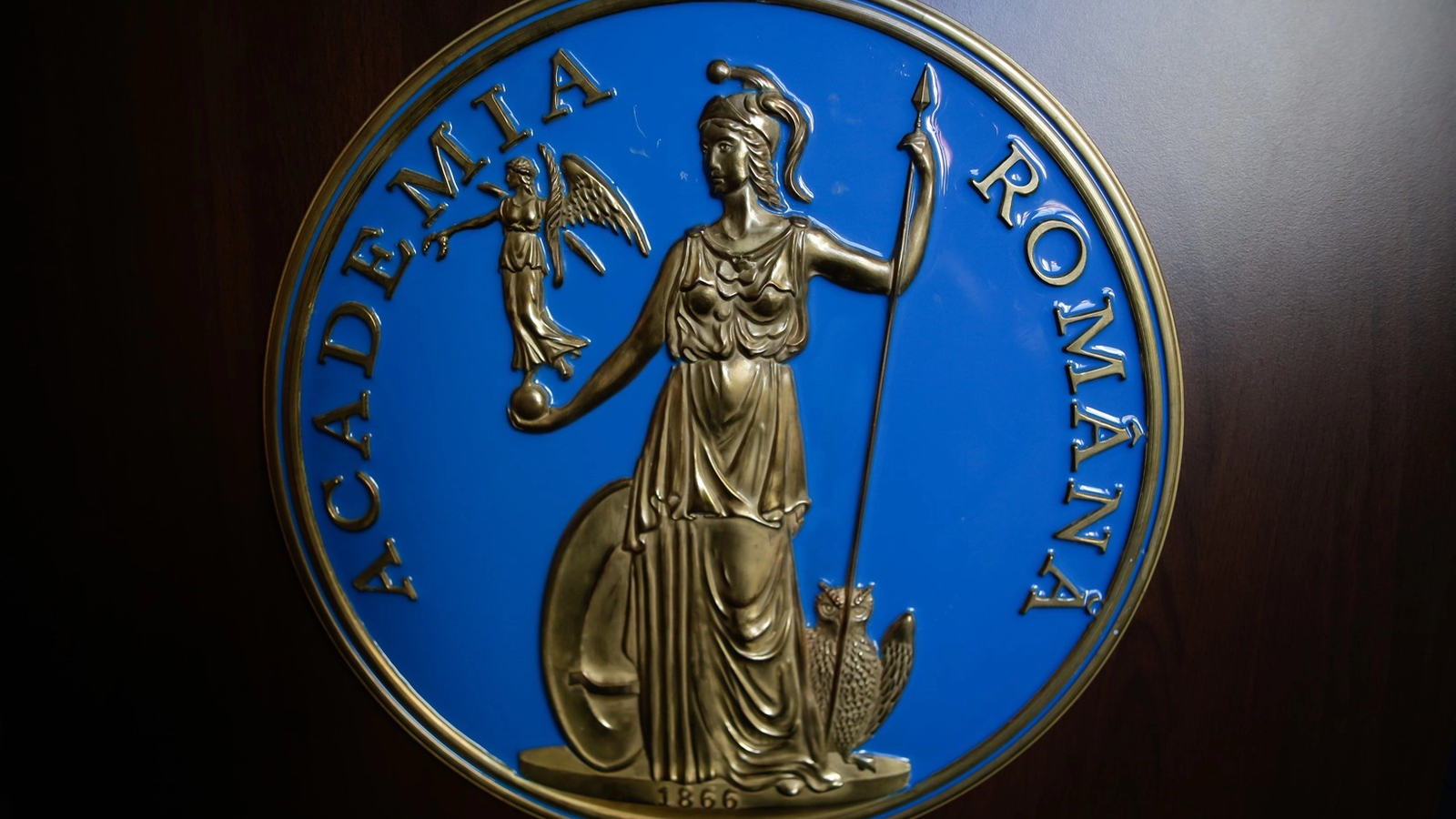
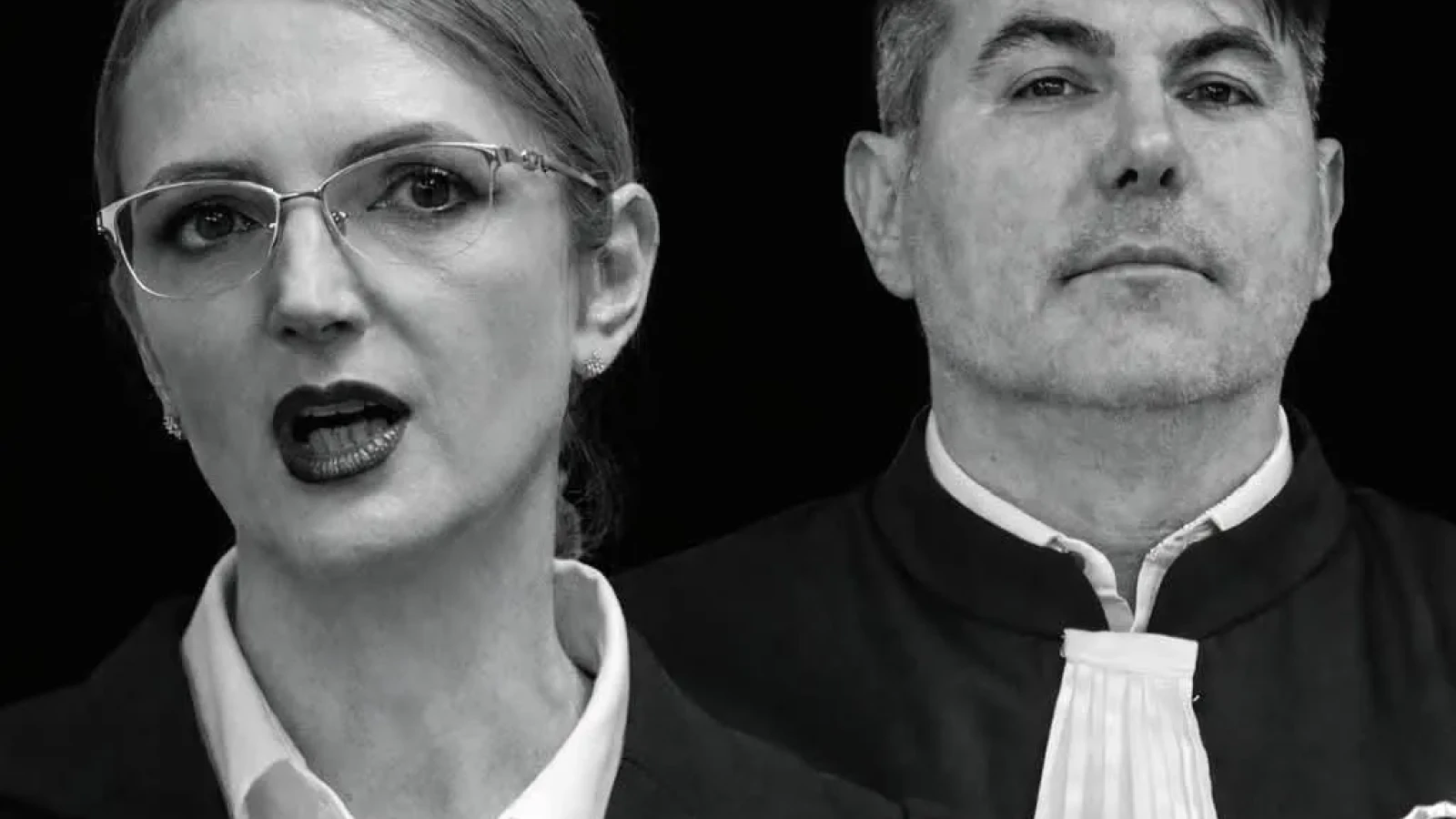



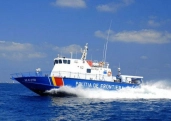

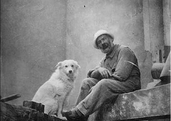
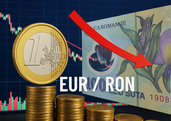
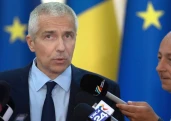

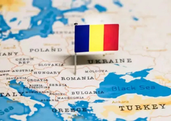

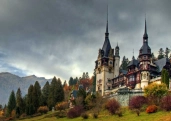
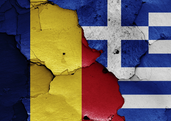




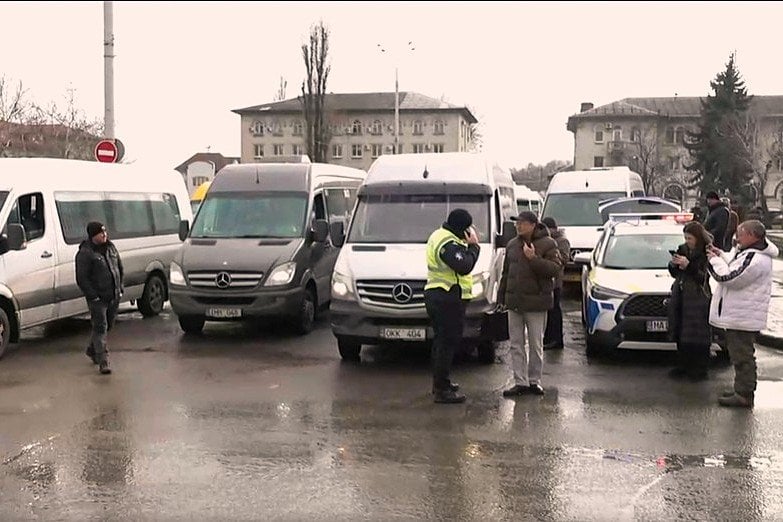
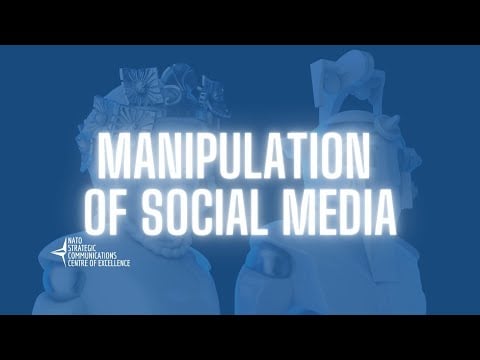
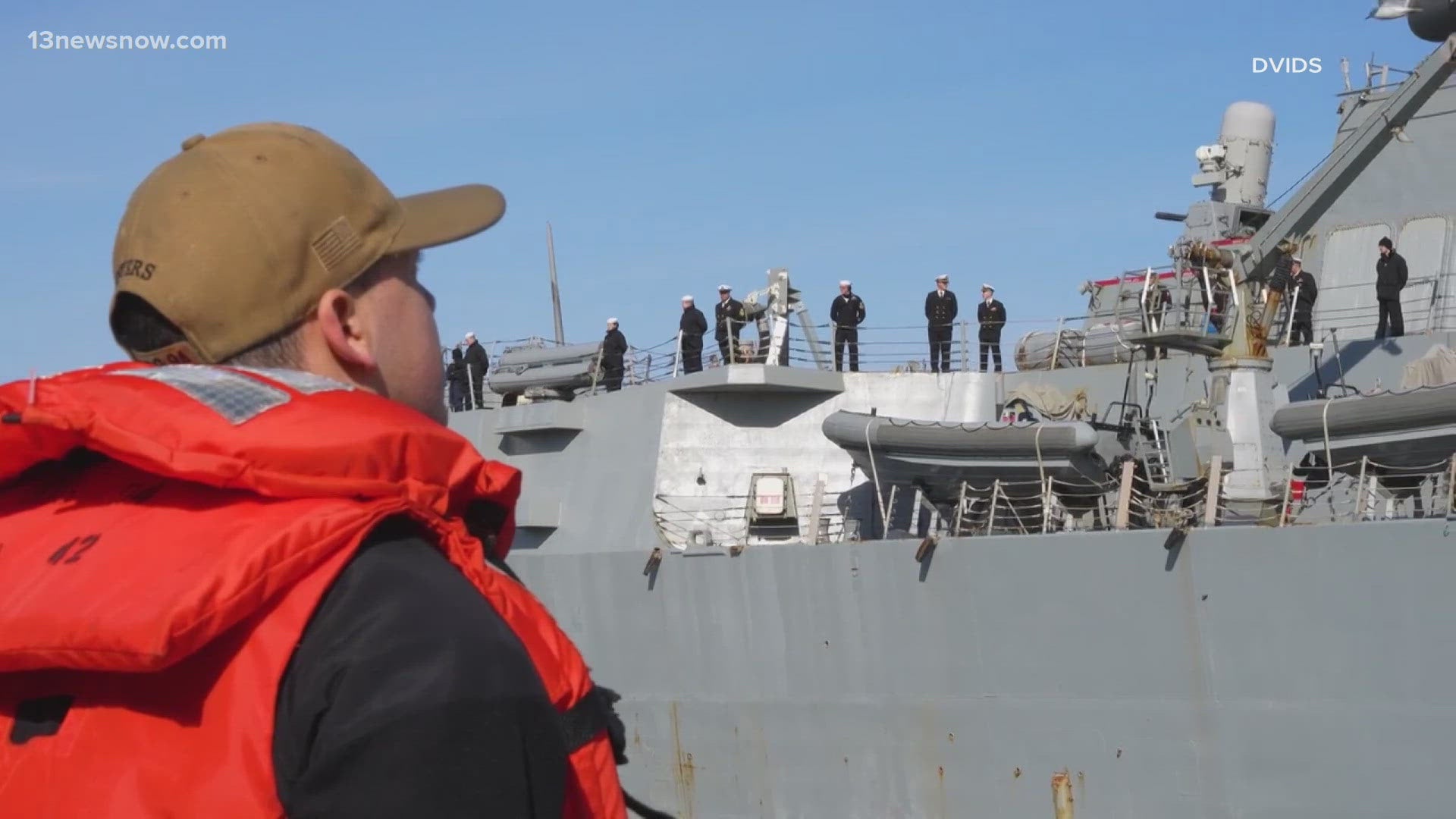
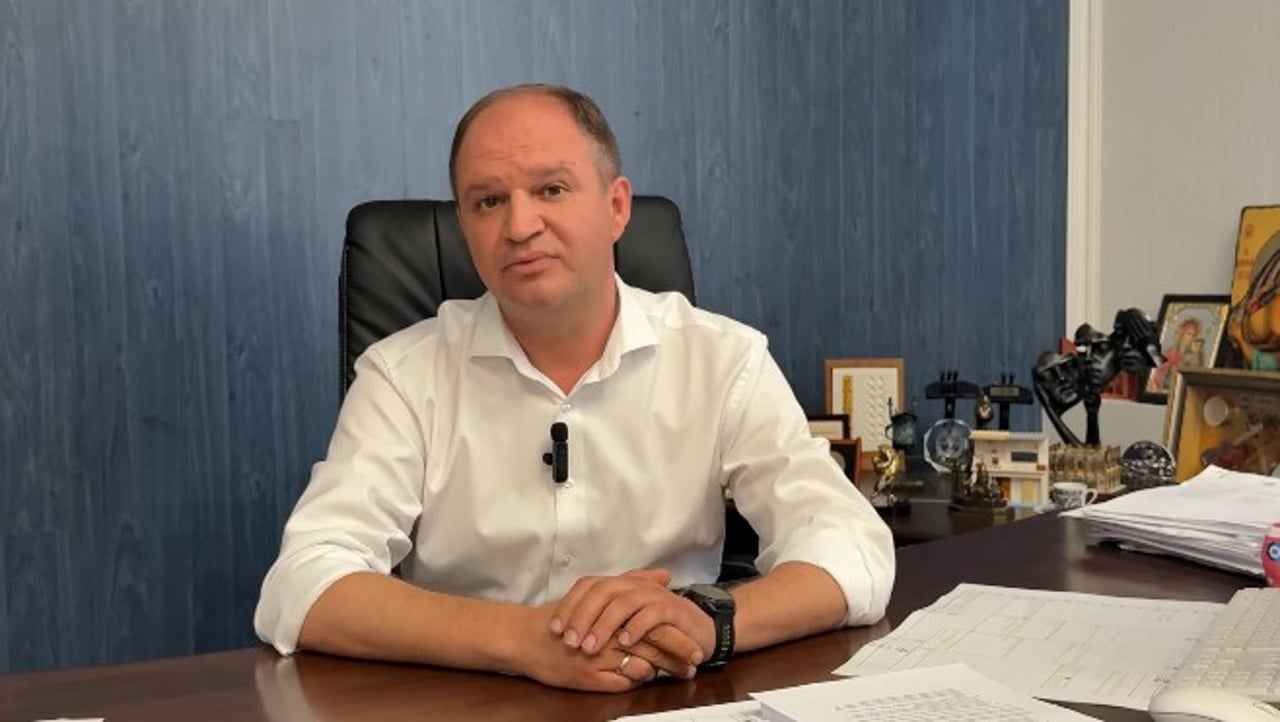








Comentează